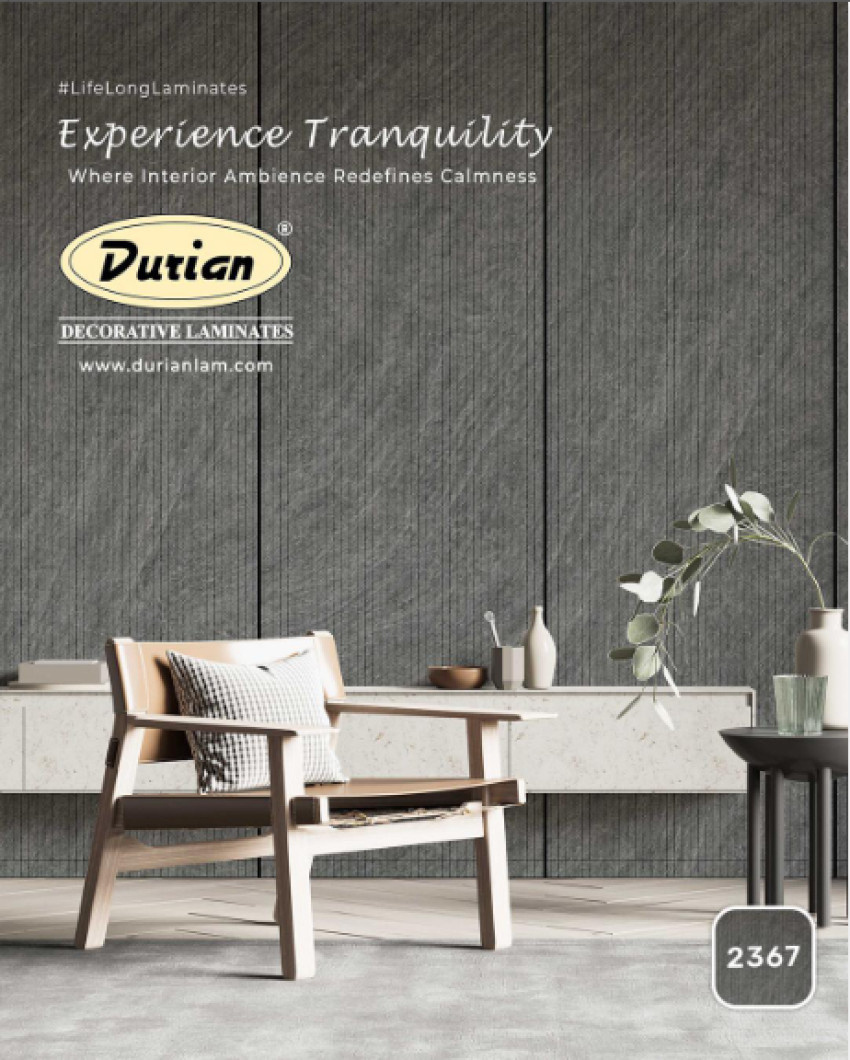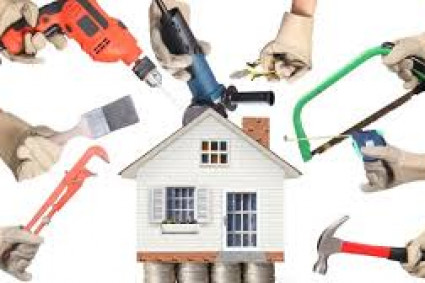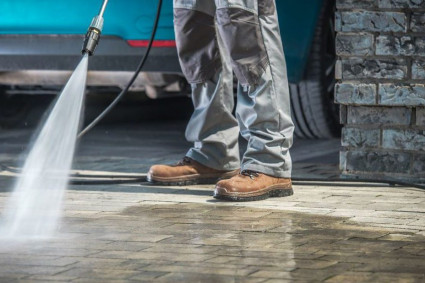
Laminates are a common material used to finish the surfaces of furniture, floors, and walls in homes. Laminate is a versatile material that is preferred over other finishing materials because of its elegant appearance, superior quality, and reasonable price. Corporate, residential, and other commercial environments all use laminate. You, therefore, have a wide range of options in terms of colors and patterns if you are thinking about using laminate for your upcoming redecoration.
There are several types of laminates that are commonly used in interiors, including:
High-pressure laminates (HPL):
These are made by pressing layers of paper or fabric impregnated with resin under high pressure and heat. HPL laminates are very durable and are often used for countertops, flooring, and wall cladding. Multiple layers of kraft paper are saturated with
phenolic resin to manufacture HPL. Before pressing, kraft paper is covered with a layer of printed decorative paper. Under pressure and heat, the
resulting sandwich is joined together. Due to the fact that phenolic and melamine resins are thermoset polymers, during the curing process, a
cross-linking reaction turns the paper sheets into a single, hard laminated sheet, converting the resin into plastic. HPL is durable because of the
strong, irreversible bonds produced by thermosetting.
Low-pressure laminates (LPL):
These are similar to HPL laminates, but they are made with lower pressure and heat. LPL laminates are less
durable than HPL laminates and are often used for decorative purpose s, such as in the construction of furniture or decorative panels. Low-Pressure Laminates (LPL) are best used in vertical, low-impact, or low-wear applications. This product works well for shelves, entertainment centers, office furniture, and other uses. This is where a significant comparison between the two compounds is made since HPL performs well in
horizontal applications while melamine is frequently advised against using them.
Post-forming laminates:
These are laminates that have been specially treated to allow them to be shaped and molded into curves and other
complex shapes. They are often used for countertops and other surfaces that need to follow a specific contour. A type of laminate called post-formed laminate is a little more flexible and thinner than regular laminate. During the post-forming process, a laminate sheet is heated to soften the resins in the material and enable easier bending. The process of “post forming” involves adhering laminates to any substrate with appropriately shaped edges and then rolling the laminate over the edges to produce a continuous laminate surface.
Metallic laminates:
These are laminates that have a metallic finish, such as copper, brass, or stainless steel. They are often used to add a decorative touch to interiors and are popular for use in kitchen backsplashes and other decorative applications. Metallic laminates, which are frequently used in restaurants and lounges, are trendy at the moment for residential use where they offer a modern, sleek appearance. For
usage in kitchens or other locations, a number of manufacturers produce laminates with foil or solid metal faces. The most frequent vertical
applications for metallic laminate are backsplashes, appliance covers, cabinet doors, and drawer accents. On horizontal surfaces, you can utilize
some metallic laminates.



